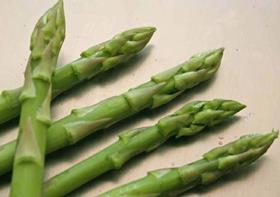
Japan has the potential to become a dominant market for Australian fresh produce exports, following the announcement of a free trade agreement (FTA) between the two countries, according to the Australian Horticulture Exporters’ Association’s (AHEA) executive director Michelle Christoe.
Australian prime minister Tony Abbott and Japanese counterpart Shinzo Abe confirmed they had agreed to the terms of the FTA on Monday (April 7), with the agreement expected to be ratified by July.
“Many sectors will have tariffs on their products eliminated immediately, while there are also provisions for a gradual tariff decrease on other fruit and vegetable lines,” Christoe said. “Japan is one of Australia’s largest horticultural export markets but also one of the most heavily regulated in terms of market access, so hopefully this can provide a platform for change.”
Christoe said citrus has traditionally accounted for the bulk of Australian horticultural exports to Japan.Demand for Australian mangoes has been on the rise in the Asian nation over recent seasons, while Australia’s table grape industry will be eyeing a share of the Japanese market after securing market access in February.
Australian vegetable growers will also benefit from the announcement, according to peak industry body Ausveg.Once brought into effect, the FTA will eliminate the current 3 per cent tariff on carrot, cabbage and asparagus, the latter of which topped A$51m (US$47m) in exports to Japan last year.
“When you’re talking about over A$50m (US$46m), a three per cent reduction in costs for accessing Japanese consumers equates to a significant amount of money that an Australian asparagus grower can choose to reinvest into their business,” Ausveg spokesman Hugh Gurney said.



